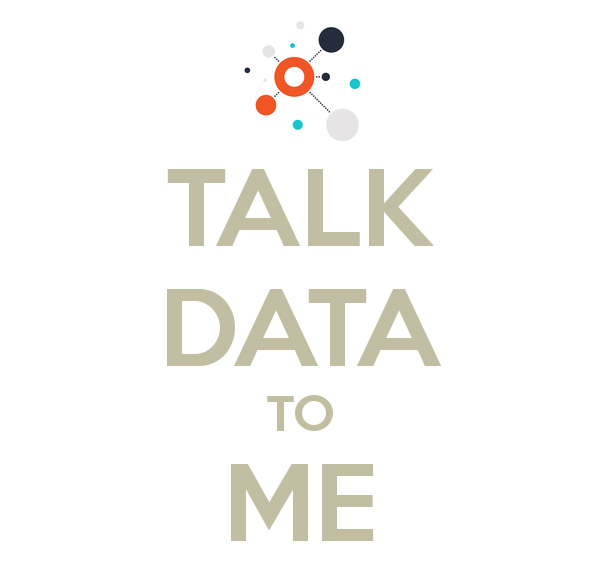
Having data doesn’t automatically lead to greater marketing success – but if used the right way the potential is certainly there. Think of data as your secret ingredient, a vital component that allows you to stand out in an otherwise one-dimensional crowd where the thought ‘if it ain’t broke don’t fix it’ still holds true in many ways. It’s not the data, on its own, that’s so important. It’s what you do with the data, the decisions you make based on the information and the actions you take moving forward that will make the difference.
In many ways, data has always been a big part of marketing success. Redeeming coupons in line at Wegmans, going to a website that was on a direct mail piece, collecting an email address during checkout at the Apple Store; these are all forms of data collection businesses have been using for over 20 years to assist in driving future sales. However, if you compare it to ways data is able to be collected today there really is no comparison at all. With today’s technologies there are limitless opportunities to collect data that at one point in time was never even dreamed of as an option. With online purchases, browsing behavior, emotional and eye tracking, social media interactions, click-through rates, mobile device usage and location tracking services; the possibilities are endless for marketers to better serve their clients – and these are just a few to mention.
By linking integrated marketing strategies with data, considerable effect can be made in customer engagement leading to higher customer retention and loyalty rates. Data can also be used to define the ideal marketing spend across all channels through analytics.

Adriana Polizzi
Whichever way you slice it, data is, and always has been, a part of marketing. But now it’s not taking a back seat, it’s getting bigger and increasingly more complex to manage. It’s a concept that is gaining attention of marketing managers that understand the necessity of it but require the assistance to collect and manage the data they need to execute forward thinking marketing strategies and plans.
No matter what the industry or who the company is consumer data is a necessity. If a brand doesn’t understand the trends of a buyer they will never be able to anticipate their needs. At the end of the day a company is only as successful as the consumer allows them to be.
